Descrizione
The Levant in the 12th and 11th centuries BC was affected by events which provoked profound changes in its social, economic and political landscape. The sudden collapse of the palace economy, the demise of the great Hittite and Egyptian powers which controlled the land in the 14th and 13th centuries BC and the incoming of new non-endemic ethnicities such as the “Sea People” gave birth to evolutionary processes which led to a redefinition of the society and to the formation of new political entities.
Many studies in the past have been devoted to the various issues which arose in this period and are still open to debate. The northeastern corner of the Mediterranean, a vast region spreading from Cilicia to the Syro-Lebanese border, was directly involved in these complex transformation processes. Nevertheless, until recently the transition from Late Bronze Age to Iron Age was scarcely documented.
The constant increase over the last 15 years of textual and archaeological evidence coming from the many excavations carried out in the currently Syrian and Turkish territories now allow us to analyse such dynamics from a Northern Levant perspective as well. The celebration of the XX anniversary of the new excavations at Tell Afis (Syria) was an occasion for a one-day workshop of scholars working at some of the most promising sites yielding evidence about the so-called “dark age”, an opportunity to verify the current status of research and its future developments.

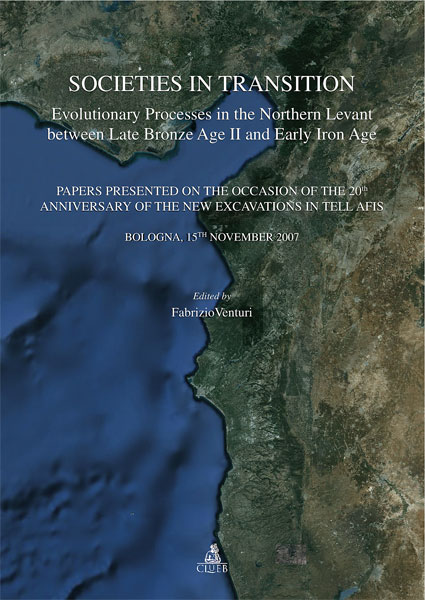
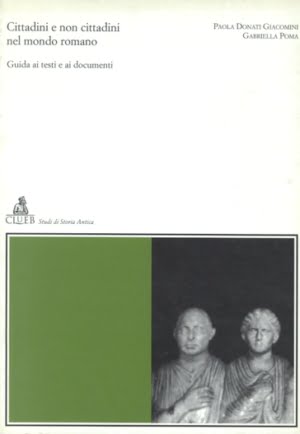
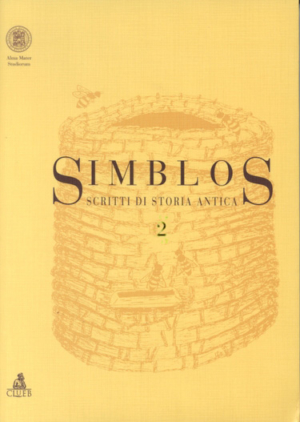
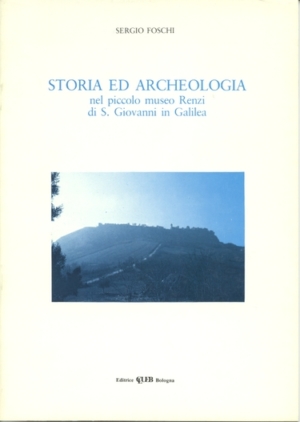
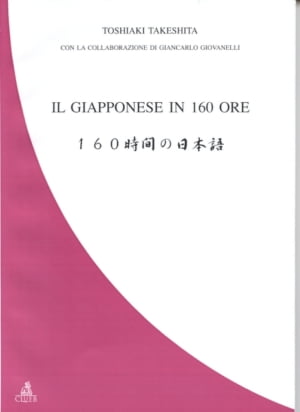


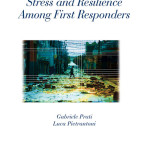
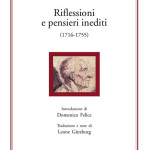
Recensioni
Ancora non ci sono recensioni.